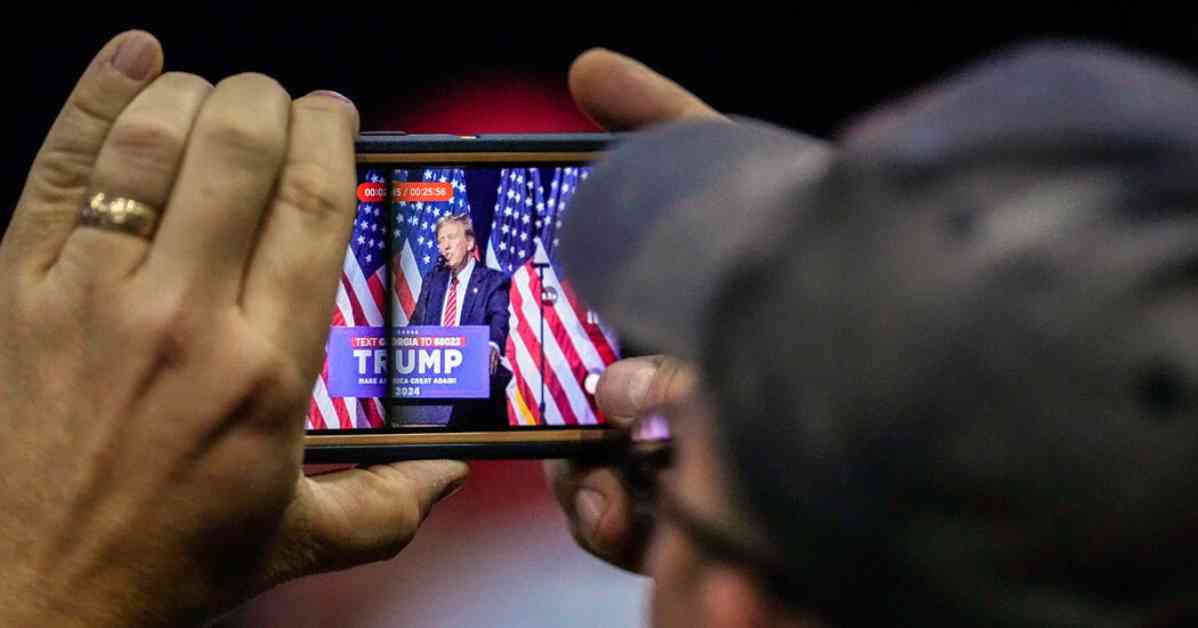Political campaigns have found a new way to make their videos go viral – by using clippers to capture and share key moments. This practice has become increasingly popular, despite criticism that important context may be left out in the process.
Clippers like Andrew Lawrence from Media Matters for America are spending hours each day scouring through various sources, including cable shows and livestreams, to find noteworthy political moments. These clips are then shared on social media with captions that highlight the absurdity of the situations. The goal is to bring attention to these moments and hold politicians accountable for their words and actions.
While clipping political gaffes was once a hobby for amateurs, it has now become a professional endeavor. Clips are edited and shared within minutes, garnering millions of views and influencing the political discourse. Both Democratic and Republican campaign committees have also embraced this strategy, using real-time clips to reach a wider audience and shape public opinion.
Critics argue that these clips may lack important context, potentially skewing the viewer’s perception of the events. However, the power of clipping lies in its ability to quickly disseminate information and hold politicians accountable in real-time.
In today’s digital age, where anyone with a smartphone can capture and share videos, clippers play a crucial role in shaping the political narrative. Their work forces candidates to be more mindful of their words and actions, knowing that any slip-up could quickly go viral and damage their reputation.
As technology continues to evolve, the influence of clippers in political campaigns is only expected to grow. Their ability to capture and share key moments in real-time has fundamentally changed the way political communication is conducted. Candidates must now navigate this new landscape carefully, knowing that every word they say could be clipped, shared, and scrutinized by millions of viewers.


















